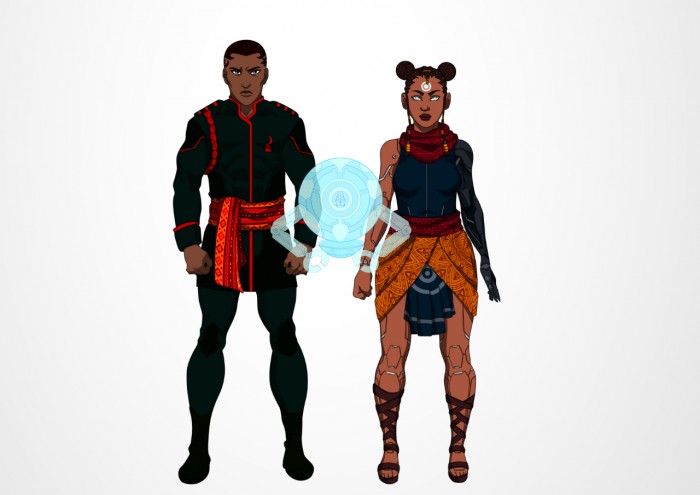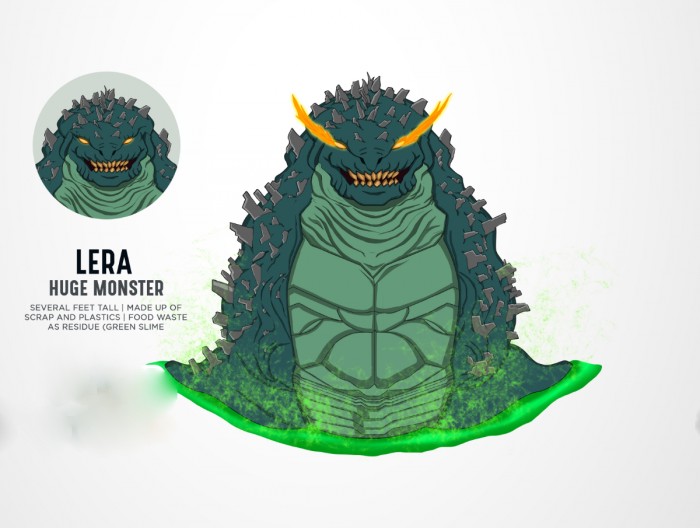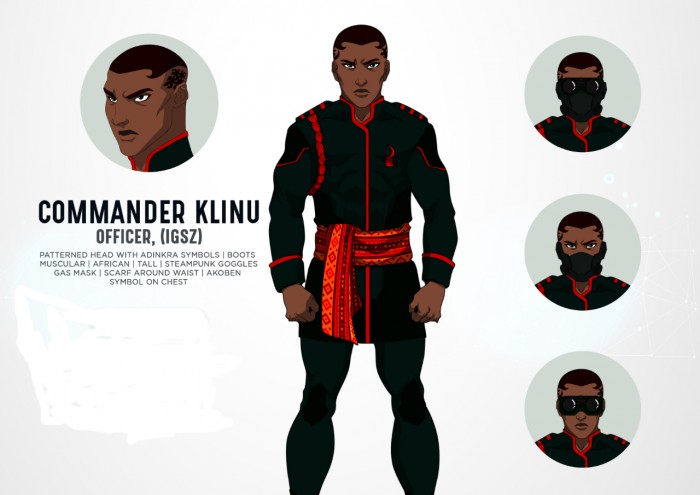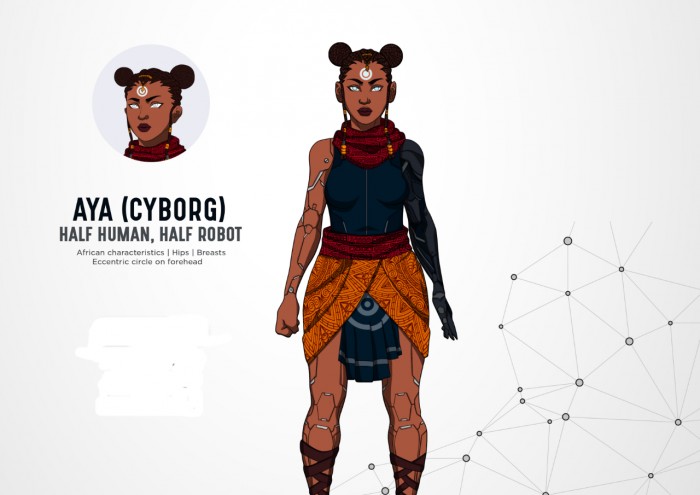In a report by the World Economic Forum, it has been estimated that we generate about 50 million tonnes of e-waste a year. E-waste is things like your computer, smartphone, camera as well as household appliances.
According to the Global E-waste Monitor, Europe and the United States are responsible for about half of the total e-waste generated every year. But while the e-waste industry is said to be valued at about $60 billion, many workers in the developing world often make only about $7 a day.
Sifting through this waste is costing people their lives, with many of them suffering from diseases and respiratory issues as a result of inhaling the toxic fumes emitted by this waste.
Ghana imports about 150 000 tonnes of e-waste a year, with much of this waste making its way to the Agbogbloshie dump site in Accra, the largest e-waste dumping site.
This major dumping ground is what inspired the game designers at EnterAfrica to create a game that address issues of safety and sanitation around these dumpsites.
The game, titled Chronicles of Klinu, takes place in a utopia in the far reaches of space. The inhabitants of this utopia value cleanliness above all else, however, a mishap occurs and their waste is not disposed of correctly. As a result a major filth monster is born and threatens the lives of those inhabiting the utopia.
The game’s hero, Commander Klinu, loses his wife to this filth monster and travels throughout space seeking his revenge. The last place that this filth monster was spotted was on Earth and this is where the adventures of the game takes place.
The creative director Ardayfio Prince Andrew, whose project was done in partnership with the Goethe Institut, says the game was specifically designed for the people who find themselves in the surrounding environment of the Agbogbloshie dump site.
The game is location based, therefore only playable when in and around the environs of Agbogbloshie.
“Through gamification, interactive storytelling and experience design, we strongly believe that the game will cognitively motivate players and fine tune their attention to the real matters in society and show them that the world that we live in is the world that we create just as we as a team created this virtual world, says Andrew.
According to Andrew, the gaming environment in Ghana and Africa at large is developing positively and picking up in general. He notes that while this growth is a good thing, the gaming environment in Africa is playing a difficult game of catch-up with the West.
“This is what our organisation, Enter Africa, is seeking to do, to create an ecosystem for game design and creation in Africa,” says Andrew.
The Enter Africa projects span 15 countries across Africa. It aims to unite young talented game developers, architects, city planners, designers, creatives and engineers to think outside the box to creatively explore and question the past, present and future of African cities.
The creative organisation seeks to empower and make lives better through games and game-thinking by creating a gaming ecosystem in Africa.
The Enter Africa projects consist of 15 location based games as well as one mega-game which incorporates themes from all 15 countries.
According to Andrew, The MegaGame is a board game which promotes creativity, borderlessness and unity in Africa through its mechanics. The MegaGame is due to be launched at Gamescom in Cologne, 2019.
The Chronicles of Klinu game is set to be launched in early July this year. The game was showcased in December 2018 at the Republica Digital Conference in Accra and also at the AMAZE festival in Berlin with over 200 guests and participants playing the demo and being made aware about the dangers of sanitation.
According to the creative director, once the game is complete one would be able to find it on the Apple store and Google Playstore for both android and iOS devices. While the game is still location based, the designers are working towards making it an immersive game accessible to all.
Andrew adds, “Our game sits at the confluence between reality and alternate reality, people who have played the game have gotten to see what technology can do in creating awareness about problems and also enjoyed the immersive nature of the game, the mechanics and especially the storytelling”.
Read more:
This video game challenges societal expectations of women
Vukuzenzele is a digital puzzle game helping to redesign informal settlements










